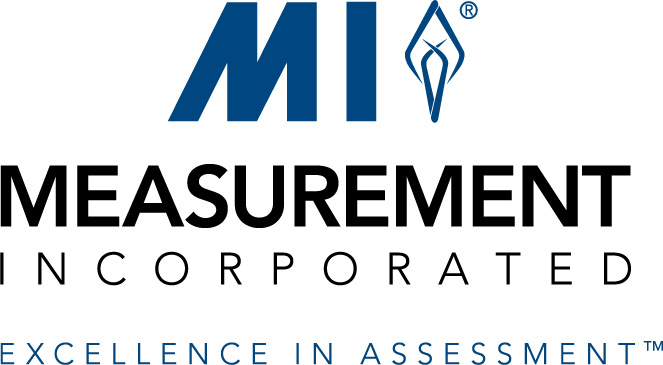ITEMS Portal
Digital Module 10: Rasch Measurement Theory
4.83 (12 votes)
Recorded On: 01/10/2021
-
Register
- Learner - Free!
In this digital ITEMS module, Dr. Jue Wang and Dr. George Engelhard Jr. describe the Rasch measurement framework for the construction and evaluation of new measures and scales. From a theoretical perspective, they discuss the historical and philosophical perspectives on measurement with a focus on Rasch’s concept of specific objectivity and invariant measurement. Specifically, they introduce the origins of Rasch measurement theory, the development of model-data fit indices, as well as commonly used Rasch measurement models. From an applied perspective, they discuss best practices in constructing, estimating, evaluating, and interpreting a Rasch scale using empirical examples. They provide an overview of a specialized Rasch software program (Winsteps) and an R program embedded within Shiny (Shiny_ERMA) for conducting the Rasch model analyses. The module is designed to be relevant for students, researchers, and data scientists in various disciplines such as psychology, sociology, education, business, health and other social sciences. It contains audio-narrated slides, sample data, syntax files, access to Shiny_ERMA program, diagnostic quiz questions, data-based activities, curated resources, and a glossary.
Keywords: invariance, item fit, item response theory, IRT, person fit, model fit, multi-faceted Rasch model, objective measurement, R, Rasch measurement, Shiny_ERMA, Winsteps
Jue Wang
Assistant Professor
Jue is an assistant professor in Research, Measurement & Evaluation Program at the University of Miami. She received her Ph.D. from the University of Georgia in Quantitative Methodology under the Department of Educational Psychology. Her research focuses on examining rating quality and rater effects in rater-mediated assessments using a variety of measurement models including Rasch models, unfolding models, and multilevel item response models. She has published in leading journals related to measurement including Educational and Psychological Measurement, Journal of Educational Measurement, Assessing Writing, and Measurement: Interdisciplinary Research and Perspectives. She is currently completing a book with Professor George Engelhard entitled Rasch models for solving measurement problems: Invariant measurement in the social sciences that will be published by Sage as a part of their Quantitative Applications in the Social Sciences (QASS) series.
Contact Jue at jue.wang@miami.edu
George Engelhard Jr.
Professor
George joined the faculty at The University of Georgia in the fall of 2013. He is professor emeritus at Emory University (1985 to 2013). Professor Engelhard received his Ph.D. in 1985 from The University of Chicago (MESA Program--measurement, evaluation, and statistical analysis). Professor Engelhard is the author of two books: Invariant measurement with raters and rating scales: Rasch models for rater-mediated assessments (2018 with Dr. Stefanie A. Wind) and Invariant measurement: Using Rasch models in the social, behavioral, and health sciences (2013). He is the co-editor of five books, and he has authored or co-authored over 200 journal articles, book chapters, and monographs. He serves on several national technical advisory committees on educational measurement and policy in several states in the United States. In 2015, he received the first Qiyas Award for Excellence in International Educational Assessment recognizing his contributions to the improvement of educational measurement at the local, national and international levels. Professor Engelhard is currently a co-editor of the Journal of Educational Measurement. He is a fellow of the American Educational Research Association.
Contact George at gengelh@uga.edu

















